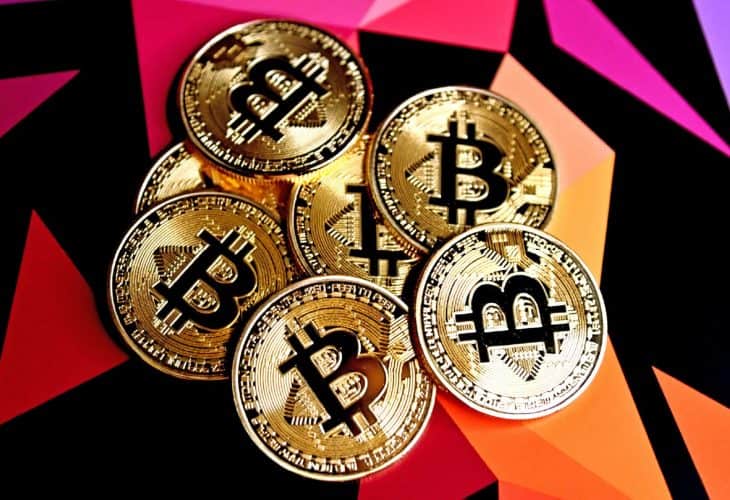What is Bitcoin?
A guide to everything you need to know – all things blockchain, price bubbles and the future of your money.
No doubt you’ll have heard of Bitcoin recently in the press following it’s sensational price surge through the last year, so if you’re here and reading this article then you’ll want to know exactly just what is Bitcoin?
Back in January 2017 it was worth only $1,000USD, and then by the end of December the same year it had multiplied by nearly 20X to hit a high of $19,000USD.
Since then it took a significant tumble in the early months of 2018 and spent the next couple of years struggling to regain its previous prices.
But in 2020 Bitcoin once again made a strong resurgence and once again is hitting new highs – this time well north of $20k.
Again, in early 2021 Bitcoin saw another huge bull run and hit new All Time Highs, north of $50k on most Cryptocurrency Exchanges!!
2022 was a bit of a turbulent year for Bitcoin, and saw market prices tumble and the return of a “Bear Market”, but as we look to the future – many expect a rebound in 2023 and continuing price gains into 2024.
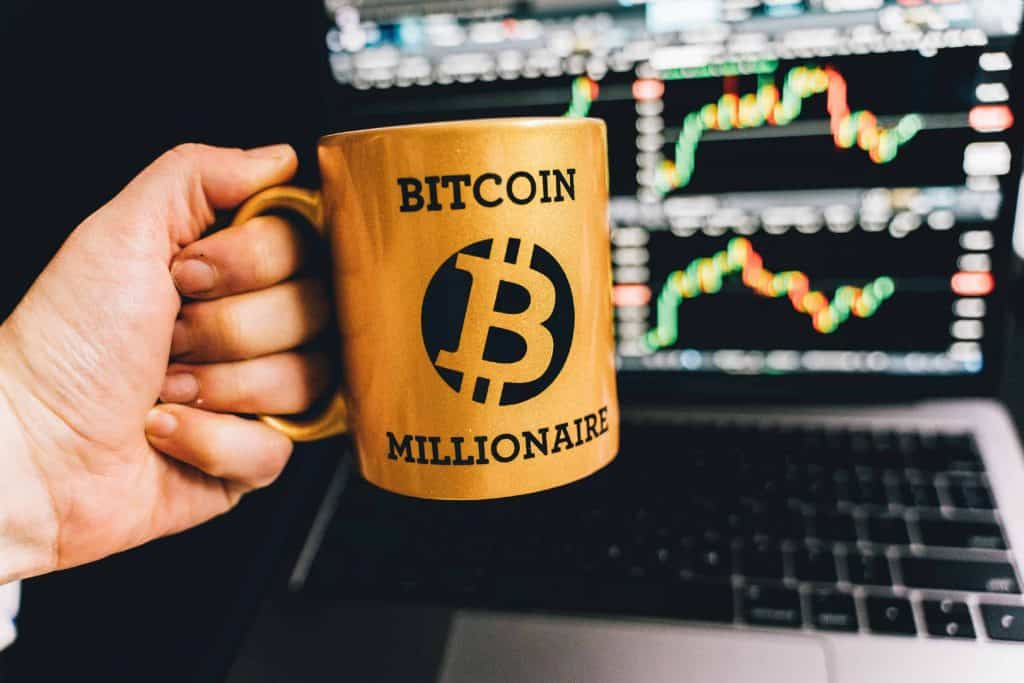
All of this excitement and interest keeps bringing it back to the front of our attention as we head further into 2023 and beyond.
What is Bitcoin? – Who invented it and where did it come from?
Bitcoin is the first, most famous, and currently most valuable flavour of a new type of digital currency called cryptocurrency.
Bitcoin first arrived on the scene around 2008 – 2009 when it surfaced in a ‘whitepaper’ publication by a developer known by the pseudonym ‘Satoshi Nakamoto’.
Satoshi might be a single person, or a group of developers, and we may never truly know. What is known and accepted is that in his proposal for Bitcoin, he outlined a goal to create “a new electronic cash system”.
Now that’s nothing new, digital cash systems have been explored in the past and do exist today.
However, Satoshi then went one step further to suggest that this digital currency would be “completely decentralised with no server or central authority”. We’ll explore and explain some of those concepts in detail a little later, but they’re very significant.
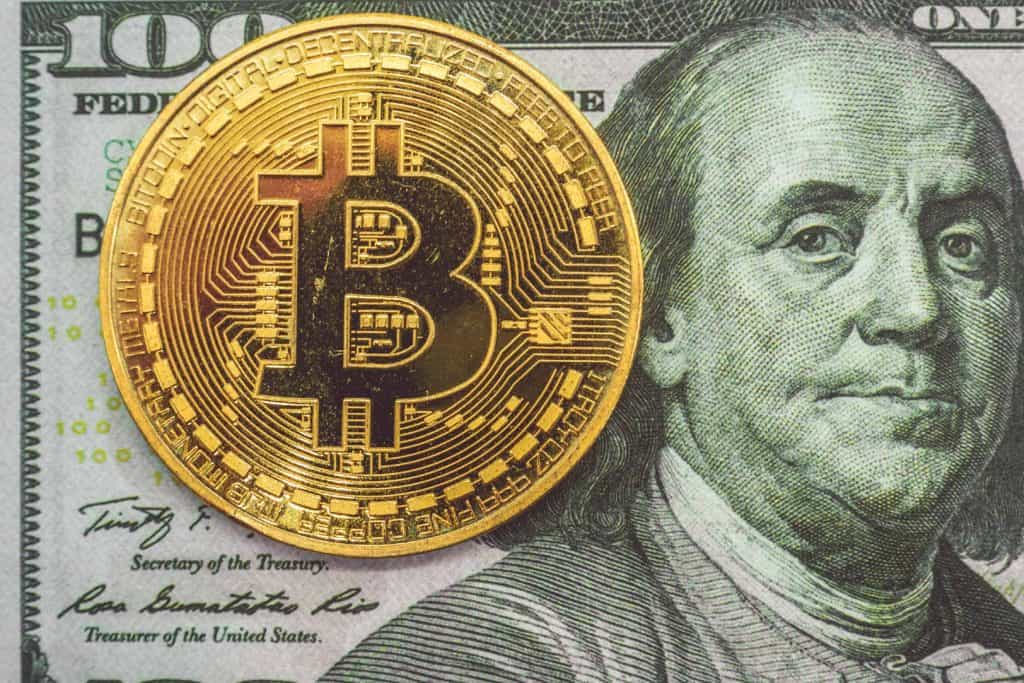
After that, after steering the development of his new Bitcoin digital cash and the technology behind it, Satoshi them disappeared in 2011. He handed over the source code to others in the Bitcoin community, and seemingly disappeared.
What is Bitcoin? – But just what is it exactly?
Put into simple terms, Bitcoin is a digital currency.
This means that it doesn’t have physical form – there are no printed bills or coins, but it can still be traded and used to pay for goods, all electronically.
It’s commonly referred to as a digital currency, but you may also hear people call it a ‘Cryptocurrency’. This is in reference to the technology which Bitcoin is based on.
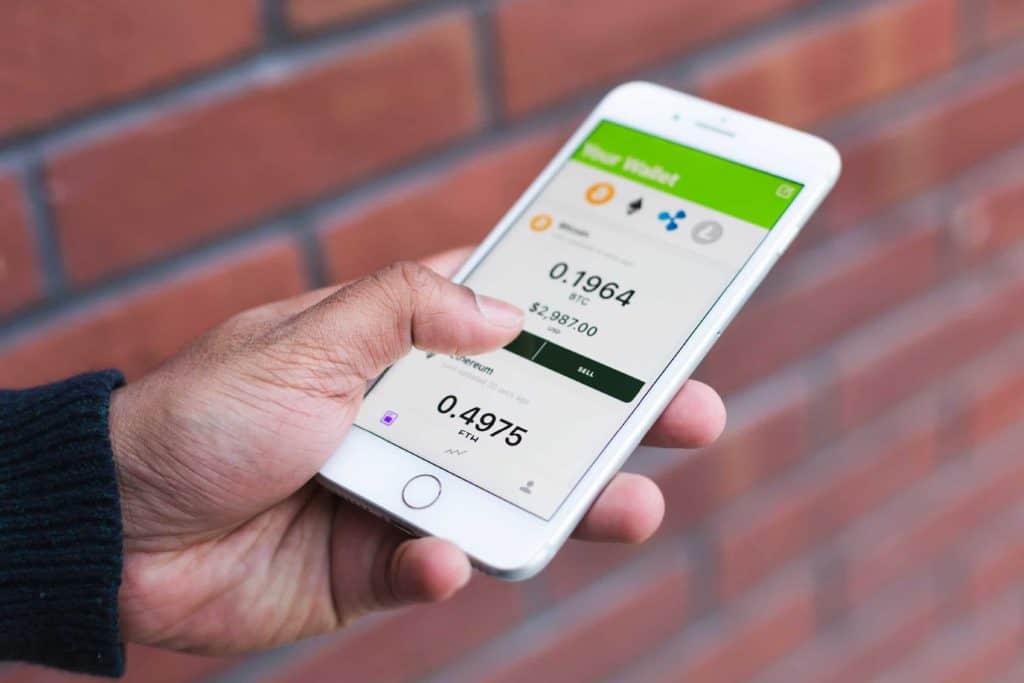
Bitcoin is a brilliant application of ‘Cryptography’, which is the use of cryptographic ciphers and codes, to encrypt and secure information. Cryptography has been on the scene for decades, it was used in the World Wars to hide secret messages. However, the recent increases in computing power and the need for sophisticated encryption have taken cryptography to new heights.
What is Bitcoin? – Explaining the ‘Decentralised’ bit…
Let’s come back to that word we mentioned earlier – ‘decentralised’.
Bitcoin is decentralised, in that it is distributed across a network of supporting parties, in countries around the world.
This means that there’s no one government, banking institution or other type of authority controlling it. Instead, Bitcoin is controlled, supported and maintained by the Bitcoin community – all of whom are spread around the world.
Owners of Bitcoin enjoy a certain level of anonymity. Today, if you make a Credit or Debit card payment online, you will have to provide your address and other personally identifying details.
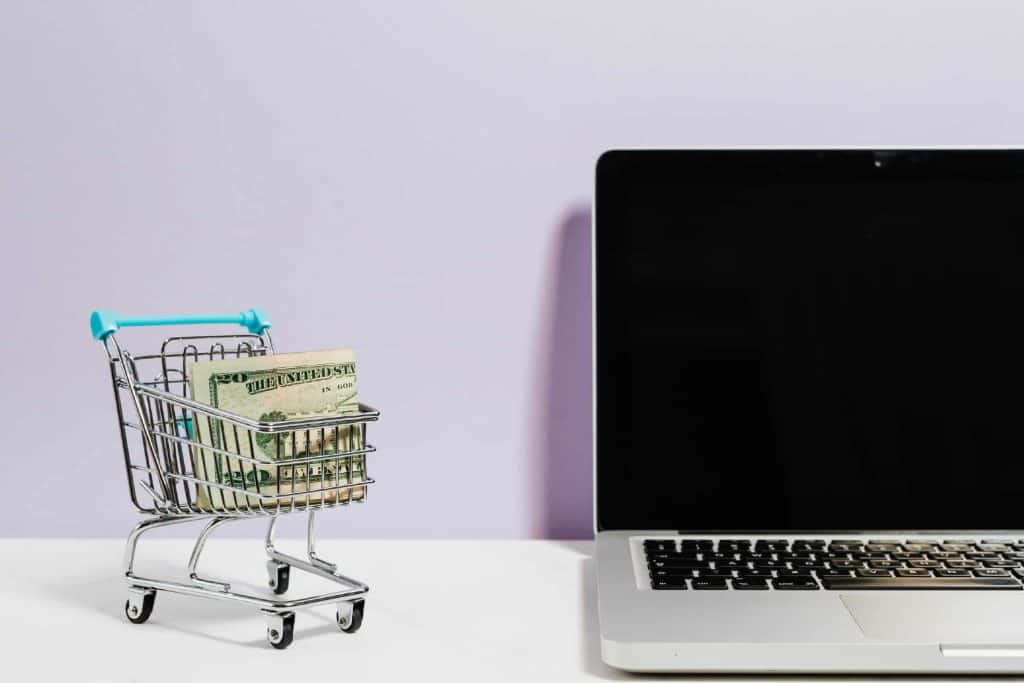
Whereas with Bitcoin, owners are anonymous at the point of making a transaction. They don’t have to provide their name, address, social security number, contact telephone numbers, email address etc. All they have to provide is their ‘Bitcoin Wallet Address’, which itself is a cryptographic key (there’s that Cryptography at work!).
Another key aspect of Bitcoin is that it isn’t issued ‘from the top down’ or from one central issuer, like with other traditional currencies. Instead, Bitcoin is “mined” and distributed to connected computers (and their owners) across the internet.
What is Bitcoin? – Ok, so what is Bitcoin Mining?
When one user sends Bitcoin to another, the Bitcoin network acknowledges and records that transaction on what’s known as a Bitcoin Ledger or Blockchain. The Bitcoin network is essentially a huge number of ‘nodes’ – computers and servers, all connecting and all running the same Bitcoin software, to keep the Bitcoin network ‘up and running’.
First however, the Bitcoin network has to verify that “yes, this transaction did indeed occur between parties A and B”. It does this by performing a lot of complicated mathematical computation until all of the machines (nodes) on the network agree and the transaction is then ‘locked-in’. A series of transactions will be grouped together over a certain period of time into what’s known as a ‘block’.
The Bitcoin Miners – the computers running the special Bitcoin software, are the ones who do the computations to ‘prove’ a block of transactions, reach agreement, and then add it to the Blockchain.

Think of it as crowd-sourcing… everyone has a record (the ledger) of all the transactions they think occurred, they all check each other’s to confirm, then arrive at collective agreement and the transaction is given the green light.
The Blockchain itself is open source, meaning anyone can look back at any point in time, and see all of the previous transactions. Thinking back to that level of ‘anonymity’ which Bitcoin affords its users though – all they will be able to see are the two cryptographic wallet addresses to which the Bitcoin was received and sent from.
What is Bitcoin? – Huge computational power and energy consumption to match
This whole process of ‘mining’ requires some serious computational power. Bitcoin Miners typically operate server racks full of dedicated processing units, and with the effort involved – the electricity costs for running these operations have become very high!
All of the miners currently connected to and serving the Bitcoin network are all competing simultaneously to be the first to ‘solve’ the current block of transactions on the Blockchain. The miner who does that first, is the one who is rewarded with an amount of newly minted Bitcoin.
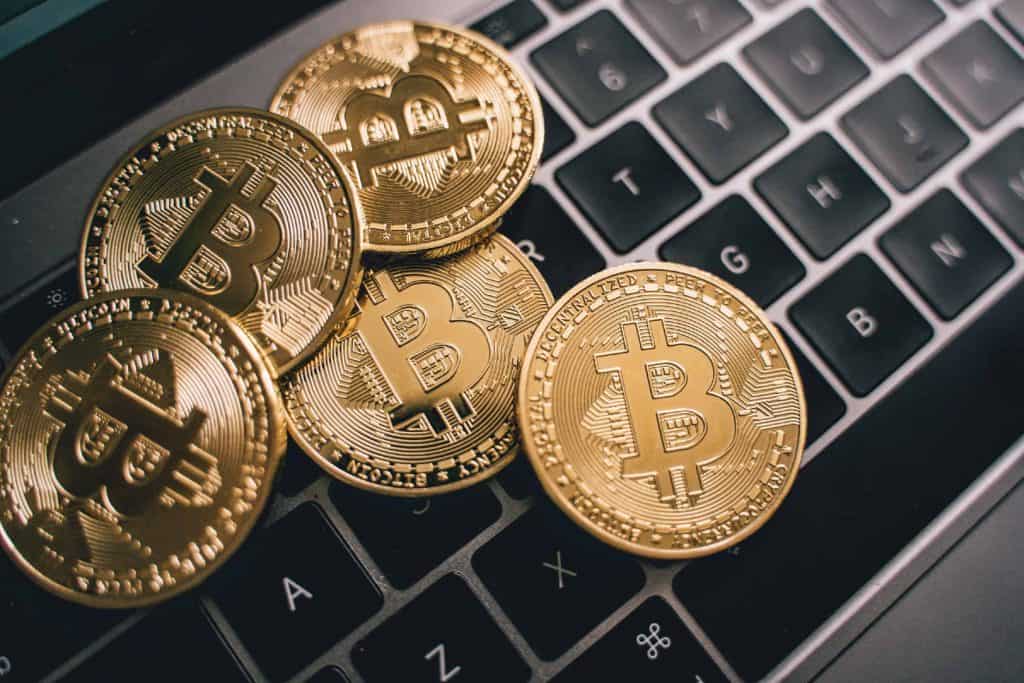
The reward itself halves every 4 years or so. Previously it stood at 12.5BTC per block, but in 2020 we had the latest halving event, and the subsequent mining reward now stands at 6.25BTC.
What is Bitcoin? – What can you do with Bitcoin?
You can use Bitcoin to pay for things, trade it, or hold on to it and wait to see how it appreciates as an investment.
There are already over 100,000 merchants who will accept your Bitcoin as payment for goods. In some places there are even Bitcoin ATMs and dedicated payment terminals for buying things like pizza or groceries. A big hope for Bitcoin is that it will become a defacto way of paying for things. Although this hasn’t yet happened and there is still a long way to go before mass-market adoption.
Possibly the most attractive option of what to do with your Bitcoin at present, is to use it as an investment, and either trade it on an exchange, or wait and watch its value (hopefully!) increase.
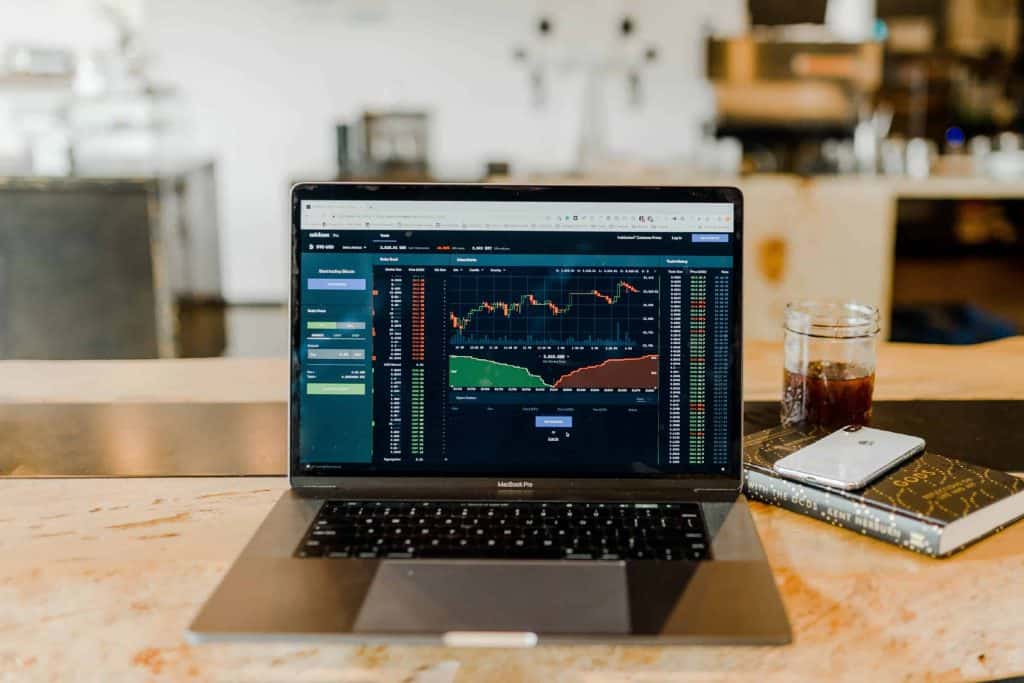
There are no in-built fees for transacting with Bitcoin (one of its attractive USPs), but major exchanges do tend to charge a fee when you use their platforms to buy or sell Bitcoin.
With the volatile nature of Bitcoin pricing today, buying and selling to try turn a profit is a very attractive use case for Bitcoin at the moment. Large exchanges like Binance, Coinbase and Cex.io are great places for this.
What is Bitcoin? – How do I buy Bitcoin?
As previously mentioned, there are now a growing number of dedicated Bitcoin and cryptocurrency exchanges like Binance, Coinbase and Cex.io. Each of these is similar in many ways to traditional currency exchange platforms, but deal specifically in Bitcoin and its wide range of cryptocurrency cousins (Altcoins).
These platforms are in most cases now well established, and increasingly sophisticated, backed by larger financial institutions or venture capital, and well versed in security protocols. They offer a secure place to buy and sell your Bitcoin (or other Altcoins), and simple exchange interface to view the ‘market’.
Typically they will display market data – recent price data in graphs and trend lines, the current ‘Bid’ and ‘Ask’ prices, and options to set your own trade price points.
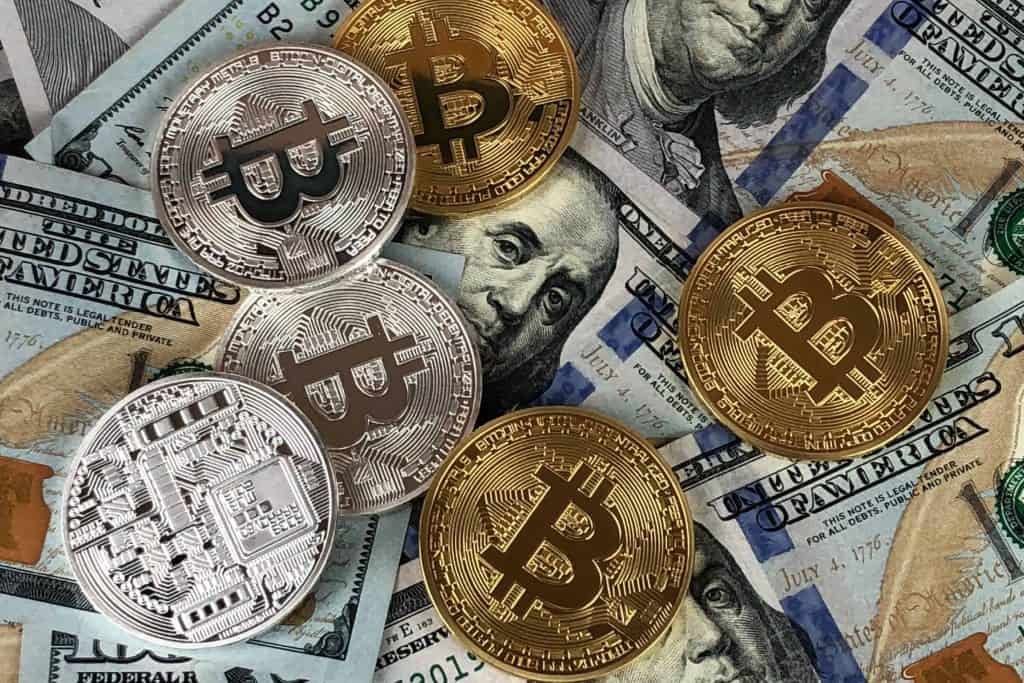
Getting setup with one of these exchanges is relatively simple, though can sometimes feel a little laborious. It’s not too dissimilar from setting up a Paypal account, and indeed in some cases linking you Paypal account is one way of funding your exchange wallet, alongside linking your bank account or making a Credit or Debit card payment.
Many exchanges also offer international bank transfer, using either SEPA or SWIFT methods. This tends to be where things feel a little more involved than most mainstream transactions – your deposits can take a few working days to process and appear in your exchange wallet.
This is all part and parcel of dealing with the Bitcoin ecosystem at the minute – with it’s relative infancy and peoples fear of security issues, it can take longer to get setup and actually get your money in.
Many exchanges will also ask for digital copies of your passport, drivers licence or other forms of ID. This is all in an effort to offer a superior and secure service, and often to combat the fear of money laundering – which is an association the Bitcoin community understandably don’t want to have.
It’s common to also have to setup what’s known as 2FA authentication with a Bitcoin exchange account too. This stands for “two factor approval” and it’s often as simple as having a code sent to your linked mobile phone, to act a second source of identification in proving that it is you trying to access your account.
This is quickly becoming standard process across the web and you may have already seen it on Facebook or across a variety of Google services.

To learn more about any of those 3 major Bitcoin exchanges, we recommend you read through our other posts on Cryptocurrency Exchanges.
What is Bitcoin? – Is Bitcoin Legal?
The quick and easy answer to this is: Yes. With the caveat of “so long as you don’t do any illegal things with it”, which is the case for any currency.
You may have heard in the past that Bitcoin was associated with the website known as ‘Silk Road’, indeed at it’s height – Silk Road only accepted Bitcoin as it’s preferred payment method. Silk Road was a Dark Web marketplace for purchasing drugs, illegal services or other illicit goods, and it was ultimately taken down in 2013 by the FBI.
This has however left a lingering association of Bitcoin with illegal activity. Indeed yes, in its early days Bitcoin was the preferred currency of many criminals, but the currency itself is not illegal.
Just think of how many billions of $USD or £GBP have been used by criminals to pay for drugs or launder money over the years, and those currencies of course are not the root issue or illegal in themselves.
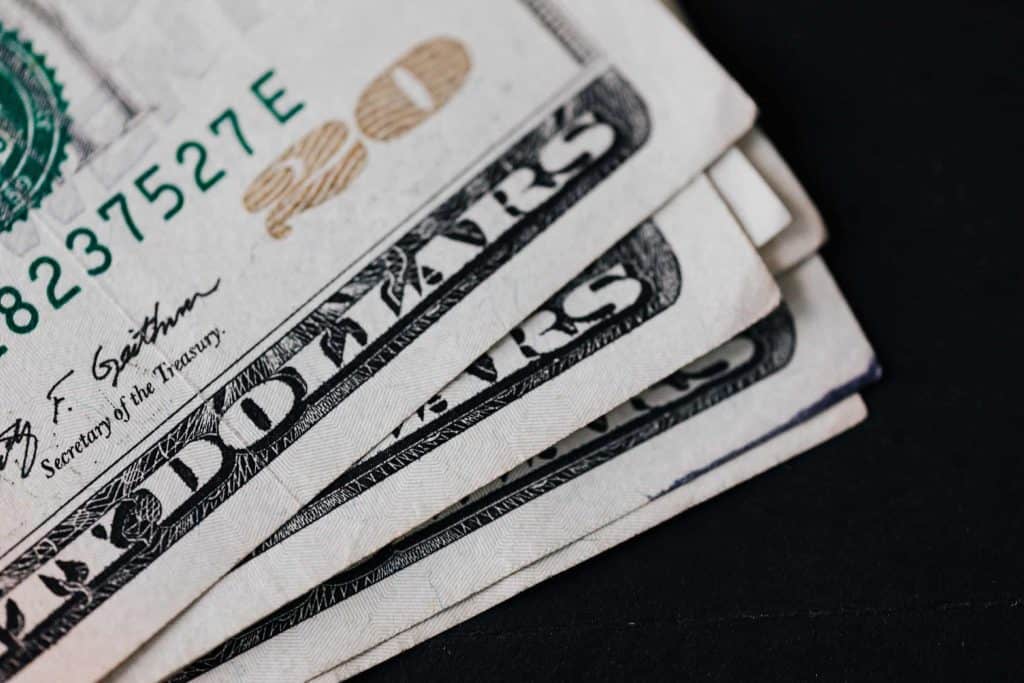
Bitcoin does however currently occupy a grey area in terms of regulation in many countries and jurisdictions. Tax laws, and laws or trading in cryptocurrency are yet to be ironed out and set in place – since Bitcoin and the wider cryptocurrency markets are so new.
It’s legal to buy, sell and mine Bitcoin in the majority of territories around the world, but future regulation and / or law enforcement on some aspects of Bitcoin will inevitably come at some point.
In most cases this will likely be a welcome arrival – the use of FDA financial regulation and approval on the traditional stock markets and financial institutions for example – has helped to keep our fiat money safe and insurable for many years now.
A similar approach would likely give confidence to the Bitcoin market and attract even more mass adoption and consumers to Bitcoin in the future.

